Our magazines
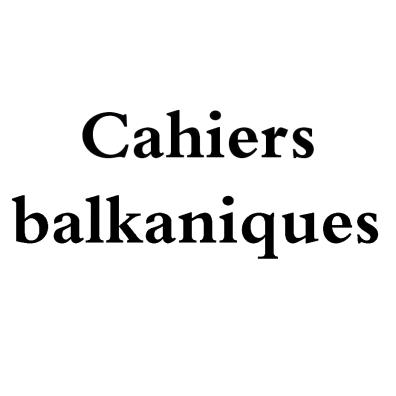
Les Cahiers Balkaniques, founded in 1981, aims to publicize the research carried out by the CEB (Centre d'Études Balkaniques de l'Inalco) team and its associates, in particular by publishing the proceedings of colloquia, study days and round tables organized by the CEB, as well as work carried out in collaboration with researchers from other institutions (in France and abroad). They also accept papers submitted by outside authors if they are relevant to CEB issues.

Les Cahiers de littérature orale, a journal associated with LLACAN UMR 8135 (CNRS and Inalco), is one of the few French-language publications devoted exclusively to orally transmitted texts.
Each issue (around 220 pages, two issues or a double issue per year) is structured around a theme relating to the different facets of orality. It includes discussions, feature articles, reviews and other information.
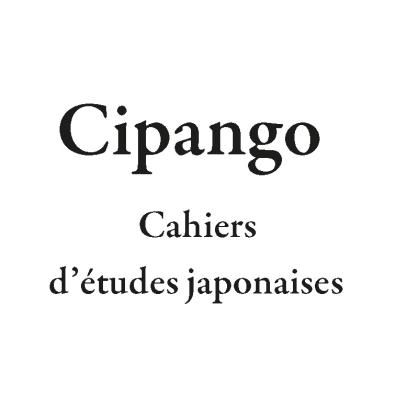
Cipango is currently the only scientific journal dedicated to Japan that is published in France, and it has become a reference in the field of Japanese studies. It welcomes articles from researchers affiliated with French institutions as well as regular contributions from foreign specialists, mainly from Japan, Europe, and the United States.
As a multidisciplinary journal in the field of humanities and social sciences (history, ethnology, geography, economics, linguistics, literature, arts, cinema, etc.), Cipango prioritizes in-depth studies that primarily use original Japanese-language sources. It also features translations (of scientific or literary texts, historical documents) and, to a lesser extent, essays and testimonies.
Cipango also places significant emphasis on research news, including reviews of scientific books as well as summaries of theses and dissertations written in French. It is, therefore, a valuable journal for young researchers.
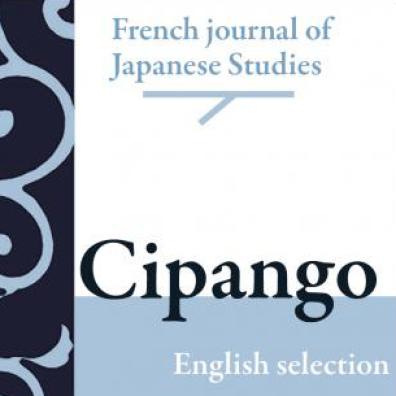
Cipango - French Journal of Japanese Studies. English Selection is an online journal based on the French journal of Japanese Studies Cipango. Published by the Centre for Japanese Studies of the French National Institute for Oriental Languages and Civilisations (Inalco, Paris), starting in 2012, it offers a thematic selection of the best articles released in its French counterpart. Whenever possible, papers have been checked, updated and adapted by the authors for an English readership. Therefore it is not merely a translation of the French Cipango, but an original editorial project that aims to provide the international research community with new resources and analyses on Japan.
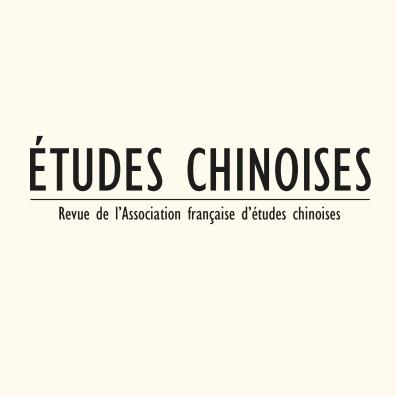
Études chinoises is a biannual journal of general sinology. It covers all historical periods and all disciplines, including history, philosophy, literature, linguistics, archaeology and anthropology.
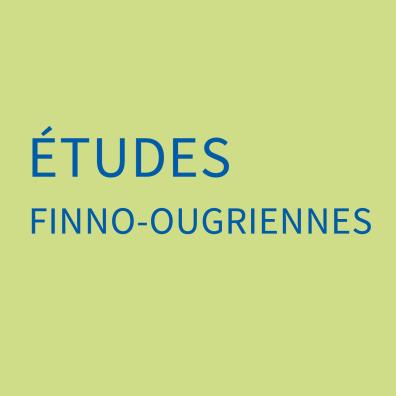
Études finno-ougriennes is the only French-language periodical devoted to Finno-Ugric languages and the peoples who speak them. Founded in 1964 by Aurélien Sauvageot and Jean Gergely, the journal publishes one volume a year, each coordinated by the Association pour le développement des études finno-ougriennes (Adéfo), which brings together leading French researchers in the field. It welcomes contributions from French and foreign specialists in all disciplines of interest to the Finno-Ugric field, extended even to the Uralic family and other ethnic groups or languages with more or less clear affinities with this family. Articles are submitted for review. The reading committee is made up of the editorial board and the scientific committee; external experts may also be called in. Articles are published mainly (but not exclusively) in French, with two abstracts in other languages, one of which is widely spoken.
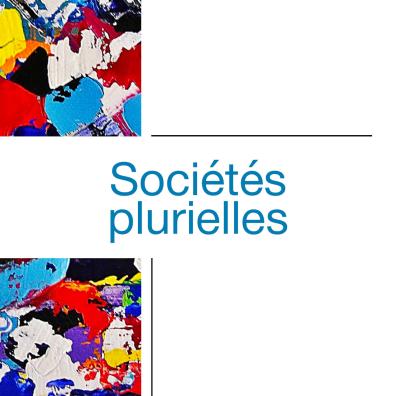
The journal Sociétés plurielles, created in 2017, covers all fields of study concerned with the plural in society and strongly supports interdisciplinary approaches. It was born out of the interdisciplinary program of the same name (2014-2018), which brought together teacher-researchers in the humanities and social sciences from nearly twenty laboratories in the COMUE Sorbonne-Paris-Cité.
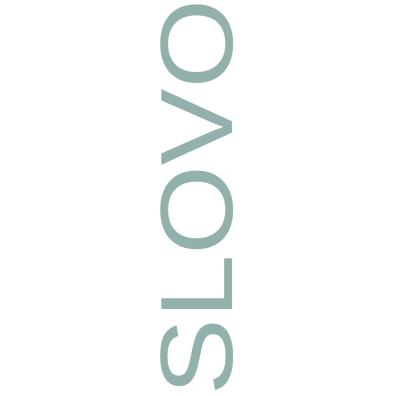
The journal Slovo (word, speech or verb in Russian and other Slavic languages), supported by CREE (Europes-Eurasia Research Center), publishes articles on the languages, literatures, cultures and civilizations of the peoples of the post-Soviet space (Slavic, Siberian, Finno-Ugric, Caucasian, Baltic and Central Asian) and of Central and Balkan Europe. Both multi-area and trans-disciplinary, Slovo covers most of the major humanities disciplines: arts and literature (written and oral), linguistics, history and social sciences, ethnology and anthropology, politics and geopolitics, economics.
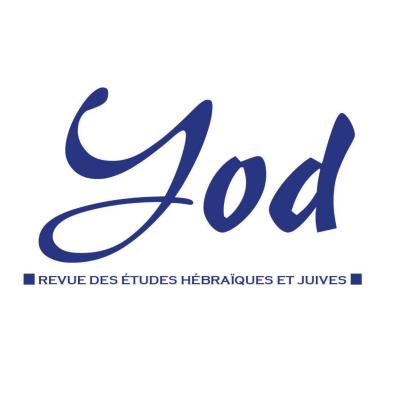
Yod is a journal focusing on the literature, history and sociology of the Jewish people in Israel and the Diaspora in the 19th, 20th and 21st centuries. It is directed by professors from the Institut national des langues et civilisations orientales.
Its collaborators include professors from French and foreign universities, as well as young researchers.
Journals previously published by the Presses
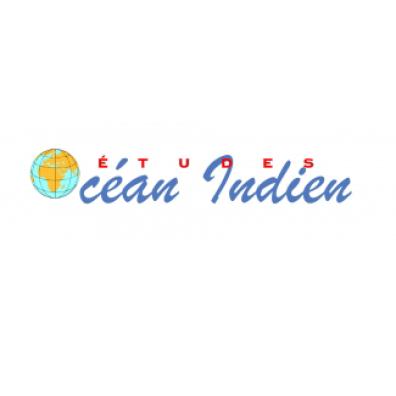
Founded by Pierre Vérin, Études Océan Indien has been published since 1982, under the auspices of the Centre d'études et de recherche sur l'océan Indien occidental (CEROI), which became the Centre de recherche sur l'océan Indien occidental et le monde austronésien (CROIMA), now a learned society under the status of an association loi 1901.

Mandenkan is a specialized journal in Mandé linguistic studies covering all areas. Created in 1981, Mandenkan is published annually. The publication of Mandenkan is funded by LLACAN and INALCO. The electronic version of the journal is available on the OpenEditions Journals platform from issue 49, and on the LLACAN website for previous issues.
The editor-in-chief is Valentin Vydrin.
Mandenkan accepts articles in French and English on all aspects of Mandé linguistics: historical, typological, and descriptive. Original data (such as corpora) are accepted for publication, especially for less-documented languages. Articles must be submitted electronically in accordance with the style sheet.
All contributions submitted for publication to Mandenkan are subject to the review of two anonymous readers.